Modi’s operandi: what will Indian PM do with G20 presidency?
India’s tricky balancing act over Ukraine dominates foreign ministers’ summit
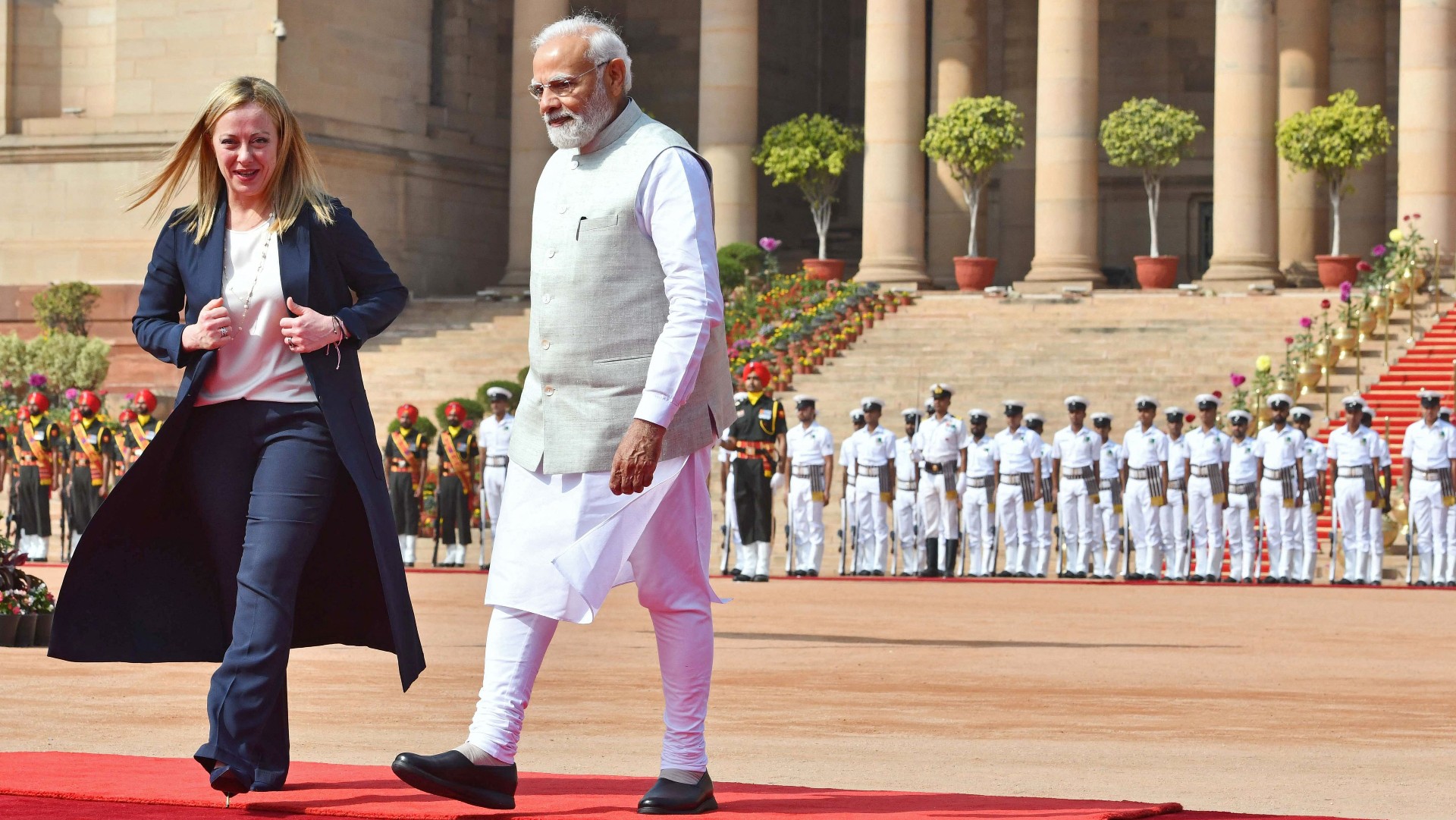
A free daily email with the biggest news stories of the day – and the best features from TheWeek.com
You are now subscribed
Your newsletter sign-up was successful
Russia’s invasion of Ukraine dominated one of the first meetings of the G20 under India’s presidency.
India’s “longstanding security ties with Moscow have put the host of Thursday’s meeting in an awkward position”, said Al Jazeera. As a major buyer of Russian weapons and energy, India “has not directly condemned Russia’s invasion of Ukraine”, and the country had been “keen to steer the talks towards issues affecting the Global South, such as poverty eradication and climate change”.
India’s G20 presidency comes at a crucial time for the prime minister, Narendra Modi, who is “keen to promote the G20 as a forum for solving big problems”, said The Economist. Modi is facing a tricky re-election campaign next year and his hope is the G20 meetings will allow him “to show off the strides India has made to visiting bigwigs and Indian voters”, added the paper.
The Week
Escape your echo chamber. Get the facts behind the news, plus analysis from multiple perspectives.

Sign up for The Week's Free Newsletters
From our morning news briefing to a weekly Good News Newsletter, get the best of The Week delivered directly to your inbox.
From our morning news briefing to a weekly Good News Newsletter, get the best of The Week delivered directly to your inbox.
What did the papers say?
India “wants the G20 to cast Modi as a vishwaguru, or universal mentor”, said The Independent and in his opening address to the meeting in Delhi, Modi claimed the country’s presidency has “tried to give a voice to the global south”.
“Many developing countries are struggling with unsustainable debts while trying to ensure food and energy security,” he said. “They are also most affected by global warming caused by richer countries.”
But while “Western governments also want India to play a bigger global role”, said The Economist, as an informal grouping with no charter, the G20 relies on “forging a consensus” through “horse-trading and compromise, neither of which is prominent in Indian foreign policy”.
Today, “angry exchanges” over the Ukraine war dominated the talks, said the BBC. US Secretary of State Antony Blinken said the meeting was marred by Russia’s “unprovoked and unjustified war”. Differences over Ukraine “could not be reconciled”, concluded India. Its foreign minister, S Jaishankar, said: “We tried, but the gap between the countries was too much.”
A free daily email with the biggest news stories of the day – and the best features from TheWeek.com
Italian Prime Minister Giorgia Meloni is currently in New Delhi, where she has praised her Indian counterpart for “having the highest approval ratings in the world”. At a joint press briefing, she said she and Modi shared the hope that “India as G20 president can play a central role in facilitating negotiations towards a ceasefire and a just peace”.
But “Russia and India share a trusted relationship that has lasted decades”, said DW. Ashok Malik, a former adviser to the Indian foreign ministry, told the German broadcaster that while he wouldn’t characterise Indian society as anti-Western or pro-Russian due to continuously strengthening ties with the US and Europe, “Russia will never entirely vanish from India’s foreign policy calculus”.
What next?
Continuing to balance its position on Ukraine, while hosting the disparate sides of the G20 all in one place is a “daunting” challenge for India, Rafiq Dossani, a senior economist at US-based think tank Rand Corporation, told The Independent.
“As a middle power politically inclined to the US, but playing with Russia and China in its hope to keep a balance while it moves towards its own great power goals, failure at the G20 will significantly dent the clout that India has acquired over the past year,” he argued.
“Whether India can be counted on to support the US is an open question,” agreed The Atlantic. But it’s clear the G20 presidency will focus the eyes of the world on to India. “Which way India leans, when and why, could help decide whether the U.S. or China dominates Asia, and who prevails in great-power competitions around the world,” the magazine added.
Over the course of the year, cities across India, adorned with G20 and Modi paraphernalia, will host delegates for some 200 meetings and while the G20 looks “extremely unlikely to reach consensus, let alone take action, on any significant item on India’s agenda”, said The Economist, “it will burnish Mr Modi”.
“The slogan of India’s presidency is: ‘Vasudhaiva Kutumbakam’, or ‘One Earth, One Family, One Future’,” said the paper. “And one leader, an Indian observer might add.”
Jamie Timson is the UK news editor, curating The Week UK's daily morning newsletter and setting the agenda for the day's news output. He was first a member of the team from 2015 to 2019, progressing from intern to senior staff writer, and then rejoined in September 2022. As a founding panellist on “The Week Unwrapped” podcast, he has discussed politics, foreign affairs and conspiracy theories, sometimes separately, sometimes all at once. In between working at The Week, Jamie was a senior press officer at the Department for Transport, with a penchant for crisis communications, working on Brexit, the response to Covid-19 and HS2, among others.
-
 James Van Der Beek obituary: fresh-faced Dawson’s Creek star
James Van Der Beek obituary: fresh-faced Dawson’s Creek starIn The Spotlight Van Der Beek fronted one of the most successful teen dramas of the 90s – but his Dawson fame proved a double-edged sword
-
 Is Andrew’s arrest the end for the monarchy?
Is Andrew’s arrest the end for the monarchy?Today's Big Question The King has distanced the Royal Family from his disgraced brother but a ‘fit of revolutionary disgust’ could still wipe them out
-
 Quiz of The Week: 14 – 20 February
Quiz of The Week: 14 – 20 FebruaryQuiz Have you been paying attention to The Week’s news?
-
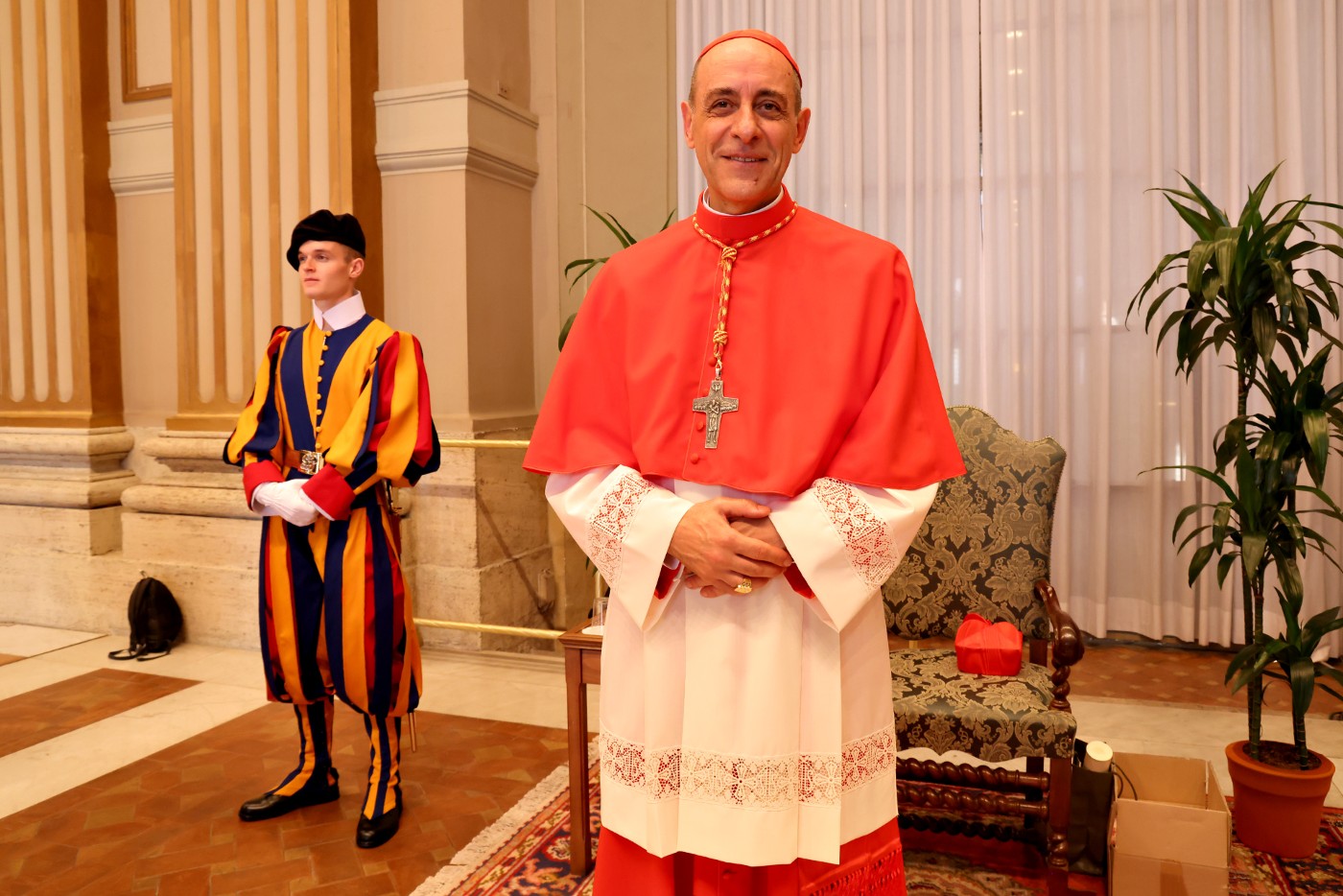 Pope aide under fire for 'mystical orgasms' book
Pope aide under fire for 'mystical orgasms' bookTall Tales And other stories from the stranger side of life
-
 Thieves who stole shopping bag in for big disappointment
Thieves who stole shopping bag in for big disappointmentTall Tales And other stories from the stranger side of life
-
 Woman has one in 50 million pregnancy
Woman has one in 50 million pregnancyTall Tales And other stories from the stranger side of life
-
 Luton Airport bendy buses join Ukraine war effort
Luton Airport bendy buses join Ukraine war effortfeature And other stories from the stranger side of life
-
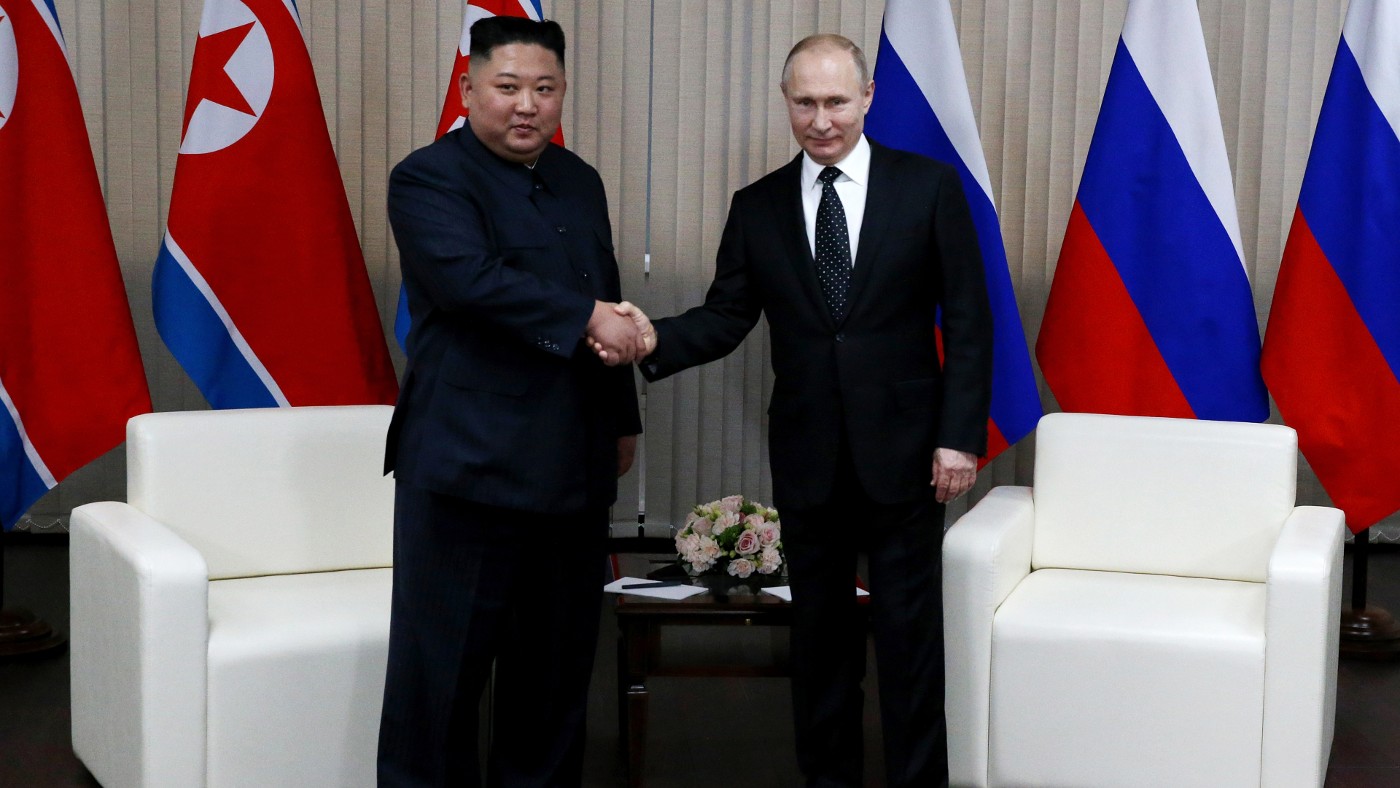 Would North Korean weapons tilt the war Russia’s way?
Would North Korean weapons tilt the war Russia’s way?Today's Big Question Putin wants to boost ‘depleted stocks’ but Pyongyang’s arms may be in poor condition
-
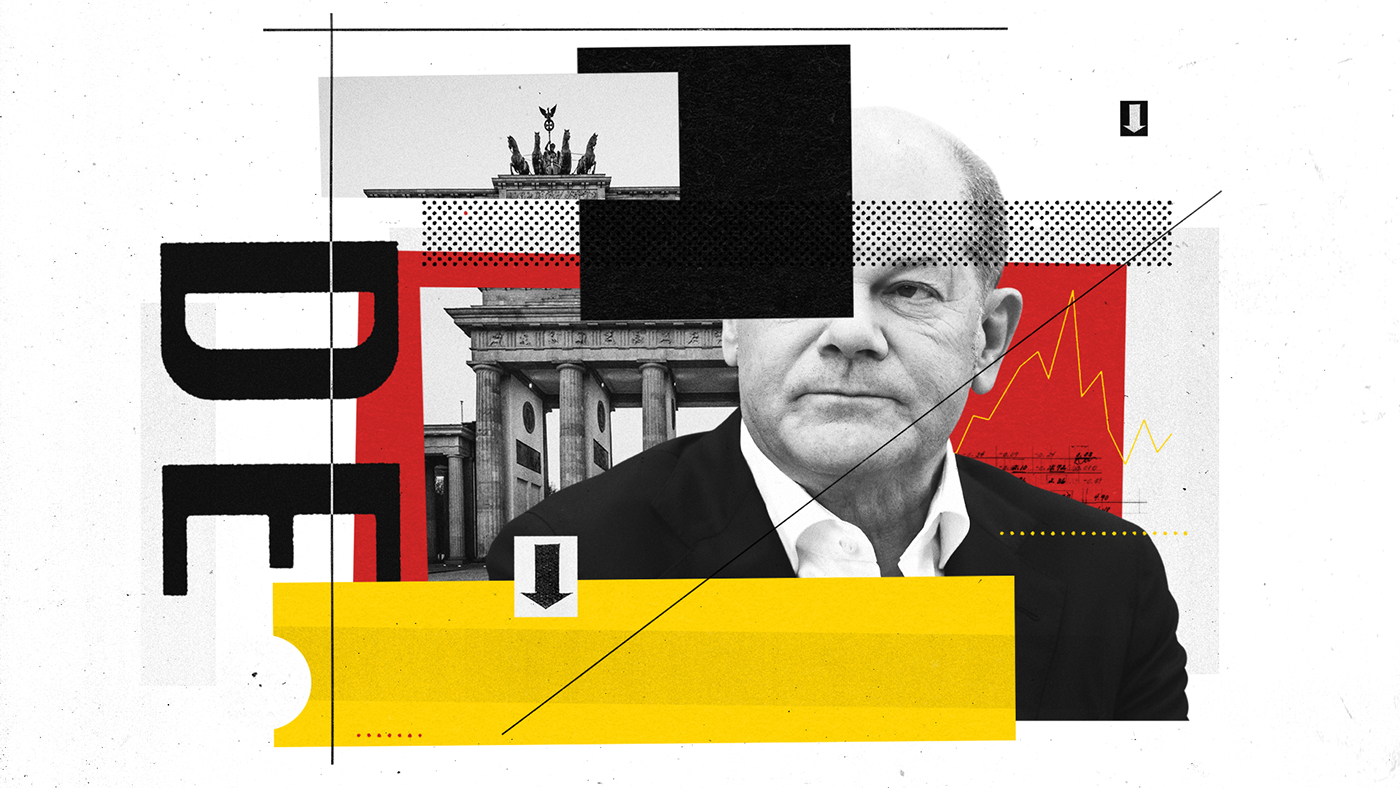 What went wrong with the German economy?
What went wrong with the German economy?Today's Big Question ‘Deep-rooted’ and ‘knotty’ problems threaten return of ‘sick man’ label
-
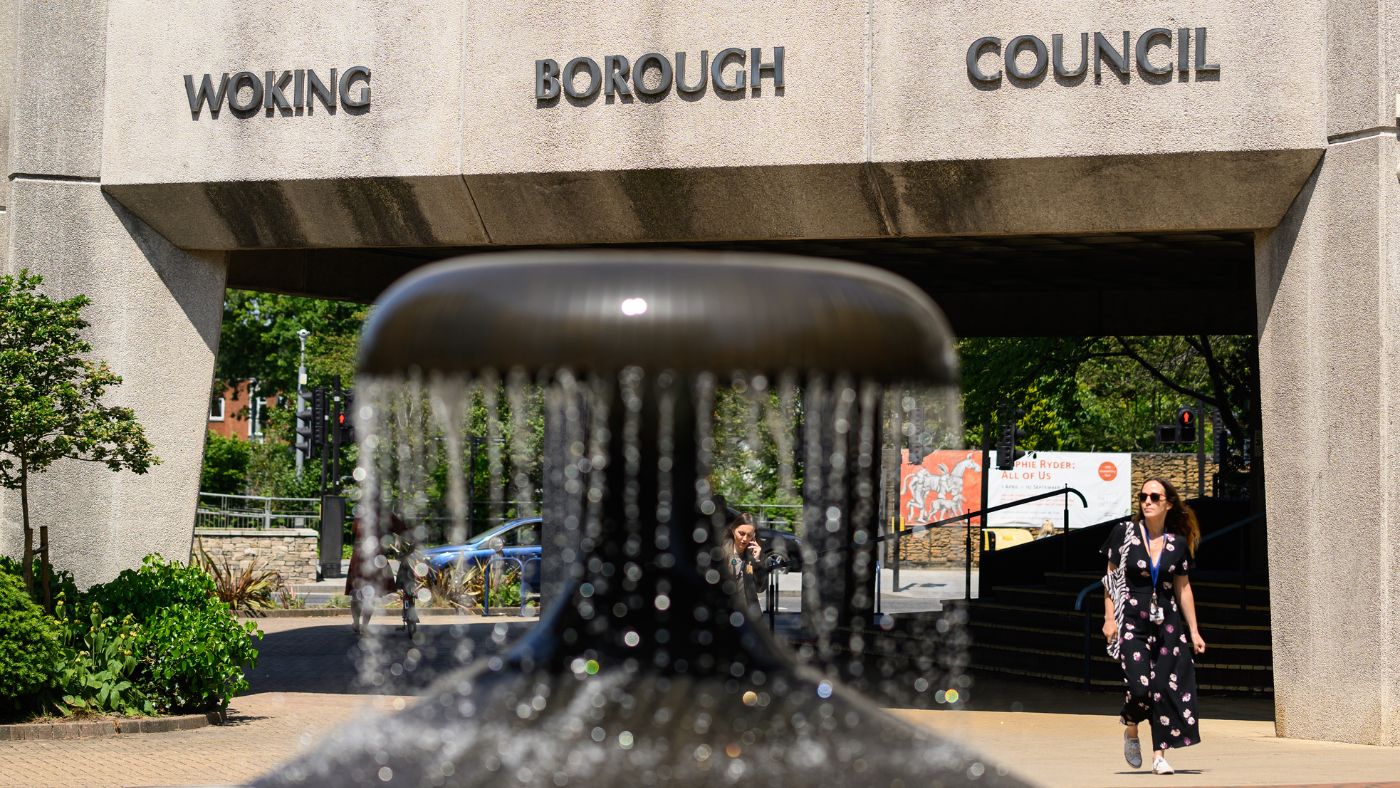 Why are so many local councils on the brink of bankruptcy?
Why are so many local councils on the brink of bankruptcy?Today's Big Question Inflation, underfunding and growing demand for services has put pressure on local authorities at the worst time
-
 The spiralling global rice crisis
The spiralling global rice crisisfeature India’s decision to ban exports is starting to have a domino effect around the world